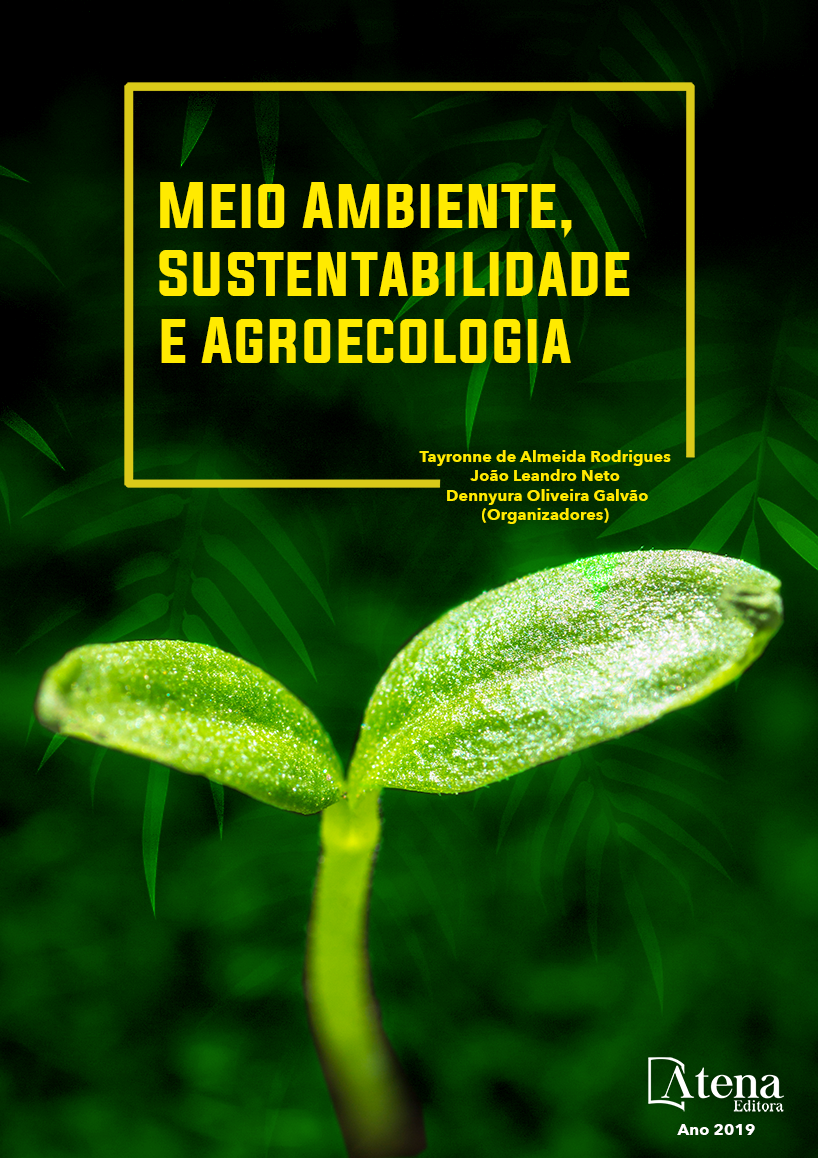
DESCRIÇÃO DAS METODOLOGIAS PARTICIPATIVAS PARA ELABORAÇÃO DE PLANO DE INVESTIMENTO EM TERRITÓRIO RURAL NO ÂMBITO DO PROJETO PRÓ SEMIÁRIDO.
A extensão rural tem o desafio de
possibilitar o desenvolvimento sustentável e
agroecológico numa perspectiva de interação
entre técnicos e agricultores. Desse modo, as
metodologias participativas apresentam-se
capazes de atender a esta demanda. Assim,
este trabalho tem como objetivo a descrição
do uso destas metodologias na elaboração de
Plano de Investimento do Território Rural (PITR)
com enfoque no grupo de interesse caprino no
Território Rural Renascer do São Francisco,
localizado no município de Casa Nova - BA.
Através das ferramentas metodológicas: Onde
queremos chegar, Linha do Tempo, Modelização
de agroecossistemas, Matriz FOFA e Tabela de
investimento, foi possível ouvir dos agricultores
suas experiências e o conhecimento,
contextualizado com a realidade em que estão
inseridos. A elaboração do referido plano
possibilitou o empoderamento dos agricultores,
bem como a elaboração de ações estruturantes
nas questões sociais e ambientais no âmbito do
projeto Pró-Semiárido.
DESCRIÇÃO DAS METODOLOGIAS PARTICIPATIVAS PARA ELABORAÇÃO DE PLANO DE INVESTIMENTO EM TERRITÓRIO RURAL NO ÂMBITO DO PROJETO PRÓ SEMIÁRIDO.
-
DOI: 10.22533/at.ed.21719160413
-
Palavras-chave: extensão rural, caprinovinocultura, agricultores, grupo de interesse.
-
Keywords: Rural extension, caprinovinocultura, farmers, interest group.
-
Abstract:
Rural extension has the challenge
of enabling sustainable and agroecological
development in a perspective of interaction
between technicians and farmers. In this way,
participatory methodologies are able to meet
this demand. The purpose of this report is to
describe the use of these methodologies in the
elaboration of a Rural Territory Investment Plan
(PITR) with focus on the caprine interest group
in the Rural Territory Renascer do São Francisco, located in the municipality of Casa
Nova – BA. Through the methodological tools: Where we want to arrive, Timeline,
Modeling of agroecosystems, FOFA Matrix and Investment Table, it was possible
to listen to farmers about their experiences and knowledge, contextualized with the
reality in which they are inserted. The elaboration of this plan made possible the
empowerment of the farmers, as well as the elaboration of structuring actions in social
and environmental issues within the scope of the Pro-Semi-Arid project.
-
Número de páginas: 15
- Emanoel Freitas Amarante
- José Carlos dos Santos Neri
- Lizianne de Castro Santos
- Sergio Luís Amim
- Carlos Henrique de Souza Ramos
- Victor Leonam Aguiar de Moraes


